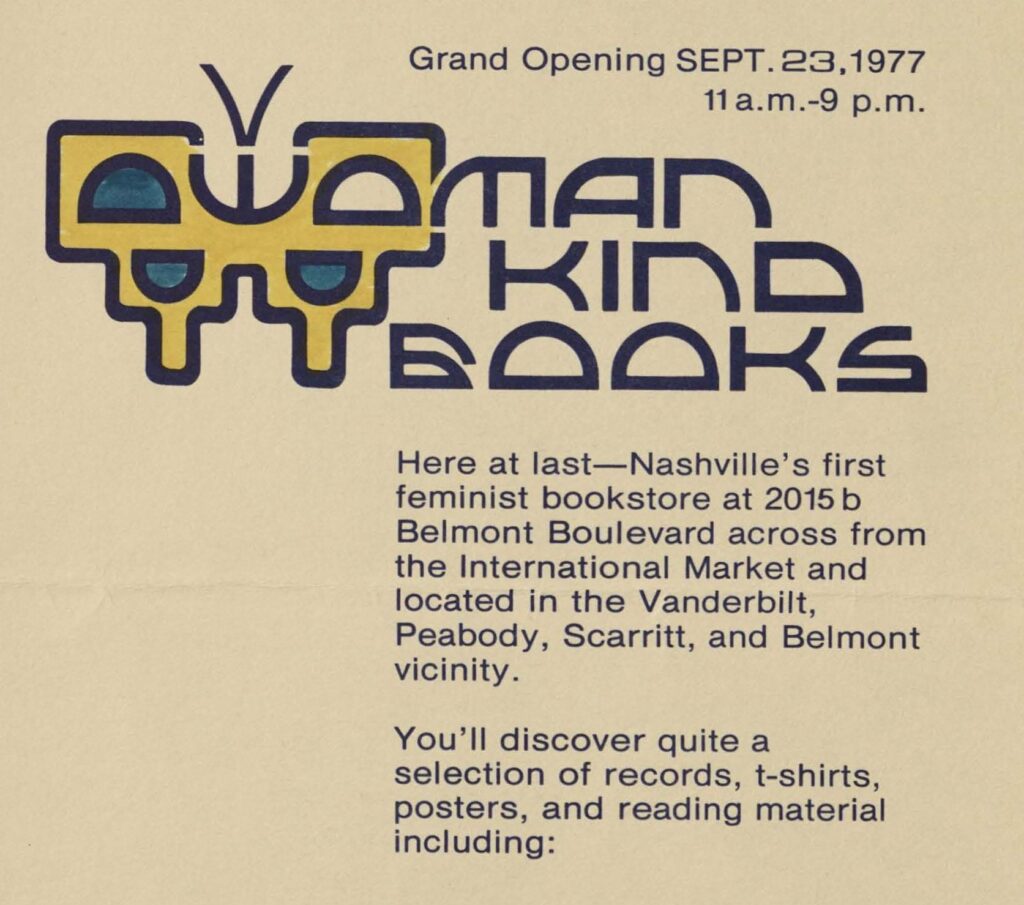About
OUR MISSION: Nashville Queer History is a community organization and digital portal whose mission is to research and share the LGBTQ history of Nashville and Middle Tennessee in hopes of inspiring local activism, education, and inclusion.
NQH was founded in September 2021 by public historian Sarah Calise, and now has a group of volunteers and community partners who guide the research and projects. The resources on this site are not exhaustive, but meant to spark conversation and a movement toward actively documenting and preserving these important historical narratives.
NQH is a also community partner of the MTSU Center for Historic Preservation, and sometimes receives financial, logistical, and labor support from this organization, particularly in the form of graduate student workers.
Follow us on Instagram, too! See behind-the-scenes work of the research and preservation process, get Nashville queer histories regularly posted in your Instagram feed, and interact with the NQH team.

The NQH Logo
Why the butterfly? Our butterfly logo is based on the historic logo for Womankind Books, a feminist-lesbian bookstore in Nashville from 1977-1984. Carole Powell owned and operated Womankind Books with her partner Joanna Morrison. The store was located off Belmont Boulevard, and it eventually grew into a much grander community project called the Womankind Support Project. The bookstore and the project served as a space for music, socializing, political organizing, health resources, and so much more.

Image source: Womankind Books Records, Duke University Libraries
A note on language: This site uses the terms queer and LGBTQ interchangeably to represent the many genders and sexualities that exist outside the cis-heteronormative power structure. Some people may feel like neither term describes them, or they may take offense to now reclaimed words that have historically been used as slurs. This is understandable. Please know that the use of the terms is not meant to be harmful; it is an academic and logistical choice. The author of this site encourages people to use the terms that individuals are most comfortable with when interacting with others on a personal level.